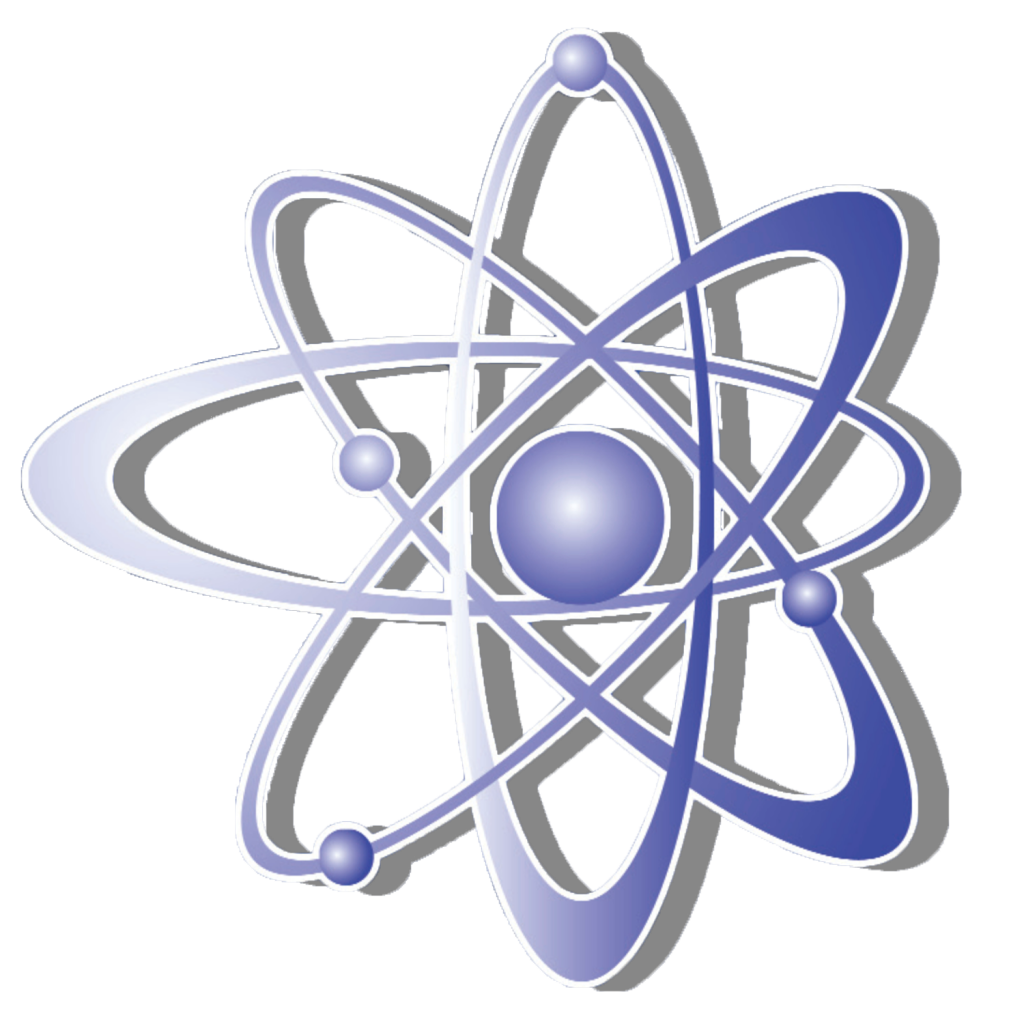 Estonia, a small Baltic country with a population of only 1.3 million people, is called "the new European Silicon Valley" for good reason. Estonia is one of the world leaders in the field of information technology.
Estonia, a small Baltic country with a population of only 1.3 million people, is called "the new European Silicon Valley" for good reason. Estonia is one of the world leaders in the field of information technology.
Among the most famous IT products developed by Estonian programmers, Kazaa (the world-famous P2P file sharing program) and the Skype voice communication service take pride of place. However, this is only a small part of the global transformations that have taken place in Estonian society thanks to the active implementation of IT technologies.
The country's technological success began with schools. Almost all Estonian schools have implemented electronic diaries. Parents and children enter a password and open pages with homework and grades. There is also information about missing lessons and other comments. Moms and dads can keep in touch with teachers through an online diary. Of course, all data is private: everyone sees only those messages and information to which they have access.
Electronic voting is gradually spreading. During the last local elections, one in four Estonians used a gadget (computer or smartphone) to vote.
Public electronic services are so widespread that the official Tallinn is seriously considering the question: should a new fundamental freedom - access to the Internet - be added to the Constitution? Moreover, there seems to be no particular problem in this area: practically the entire territory of the country is covered by the WiFi network



